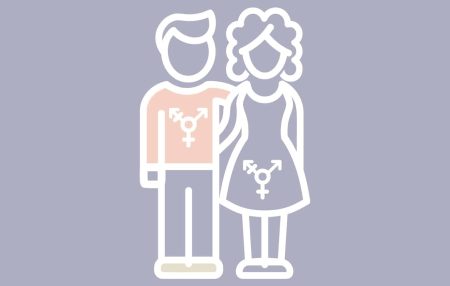23 May 2020
The global Covid-19 pandemic has changed life as we know it. Its impact has been devastatingly quick. Its effects will profoundly alter the fabric of our society and our relationships and futures with our family and loved-ones, friends and the rest of the world.
Covid-19 has hit the fertility sector hard. It has brought about the temporary suspension of fertility treatment in the UK. It has also created additional delays, restrictions, medical and legal issues and risks for patients, clinicians and law and policy makers to navigate as treatment and assisted conception restarts.
The inherent uncertainty brought about by Covid-19 is likely to change attitudes and approaches to fertility treatment and family building. We are likely to see increased focus on fertility preservation and maximisation. This is likely to manifest itself in more demand for egg, sperm and embryo freezing as people seek to address extended waiting times for treatment and create breathing space to see how this ‘new normal’ will impact their jobs and livelihoods, health, wellbeing and futures. As such, the disruption and loss caused by Covid-19 could cause more people to delay fertility treatment and assisted conception and lead to a further rise in the age of first-time parents in the UK. Moreover, increased demand and reliance upon storage and use of frozen eggs, sperm and embryos creates a range of complex legal and practical issues that need to be considered and managed carefully.
The Covid-19 lockdown has unquestionably placed immense economic strain on the state, NHS, private fertility clinics, individuals and families. This economic fallout will be felt for generations to come. It raises questions about the future sustainability of NHS funding for IVF treatment. It is also likely to make it harder for people to afford the cost of private fertility treatment and assisted conception. This in turn could see falling demand for expensive ‘add-on’ treatments which have proved contentious in recent times and lead to increased pressure on pricing.
Covid-19 has, and continues, to cause immense loss of life and wreak havoc on people’s health and wellbeing. It can strike anyone from any walk of life at any time, although we are beginning to see patterns emerging with greater impact on those who are overweight, diabetic, suffering with underlying health conditions, elderly or part of the BAME community. This new uncertainty and anxiety about life itself is likely to bring posthumous conception into closer focus for some fertility patients and families as well as complex legal and wider issues associated with this.
Covid-19 has raised all sorts of concerns about its impact on our health, conception and pregnancy outcomes. It also begs uncomfortable questions about the dark side of global pandemics and the impact of rapidly evolving and interconnected genomic, scientific, digital and AI advances in our global world. How will future Covid pandemics come about and manifest themselves? Will they be a natural occurrence or genetically engineered by man? What if they somehow cause infertility or birth defects in pregnancy? What if they focus on certain ethnic groups, nationalities, genetic profiles or physical characteristics? What if they create a legacy of life-limiting health problems?
What about our Covid-19 test results? Will our sensitive personal health and genetic data be protected? Who will process, have control of and access to it? Will it become a commodity to be bought and sold without our knowledge or consent? What about the wider implications of our current population-scale expansion of genomic, digital and AI technology to track and trace Covid-19 and our associated movements and interactions? As we see huge investment in virus and genetic testing capabilities and research some countries and companies are rapidly increasing their market share to a dominant global position and this raises very real national health, economic and security issues.
Here in the UK, recent news that Genomics England, the University of Edinburgh, the NHS and Illumina are working together in partnership to sequence the whole genomes of up to 20,000 intensive care patients with Covid-19 and up to 15,000 people with mild to moderate symptoms to better understand this disease marks a step forward. It represents a new proactive response to national healthcare and the start of new frameworks and infrastructure that more closely integrates and imbeds genomics into healthcare delivery.
As our understanding, experience and technology around genomics develops, it will increasingly influence our approach to and delivery of fertility treatment and not just healthcare. As our knowledge base and skillset expands we will be better placed to understand, assess and overcome issues associated with embryo quality and development to deliver a sustained pregnancy and healthy baby. Genomic technology will also bring with it over time increased choice and efficacy around genetic screening of prospective parents, donors and embryos. It will also bring greater opportunity for genetic selection, gene editing and genetically planned parenthood and more focus and debate around the ethics of this.
Given this rapidly evolving picture, it has never been more important to consider the legal and practical issues, implications and outcomes associated with fertility treatment, family building, healthcare and our decisions and plans both now and in the future.




